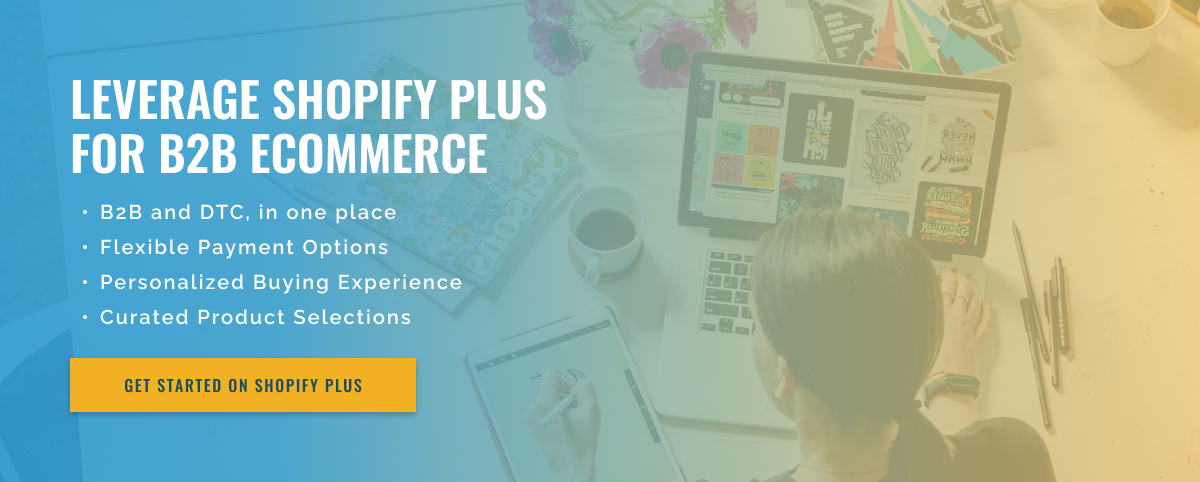3 minute read
Integrating Shopify with B2B ERP Systems
For businesses looking to expand their online presence, Shopify has become a popular eCommerce website hosting option. The user-friendly interface and customizable features make it the perfect platform for businesses of all sizes. For companies that also conduct business-to-business (B2B) transactions, integrating Shopify with existing enterprise resource planning (ERP) systems can be a key step in streamlining operations and maximizing efficiency.
B2B transactions are very different from business-to-consumer (B2C) transactions. B2B transactions often involve larger orders, custom pricing, and specialized shipping and billing processes. That is why it is so important for companies to seamlessly integrate an online store with ERP systems that are responsible for managing tasks such as inventory management, order processing, and accounting. The good news is that Shopify offers a variety of integration options with existing B2B ERP systems.
One option is to use a third-party app such as Cart2Cart, which can transfer data between two systems in real time. This enables centralized management of store, inventory, and customer data, ensuring consistency across all platforms.
Another option is to use Shopify’s API (application programming interface) to create custom integrations with your ERP system. This enables a more personalized solution that suits your specific business needs and workflows. However, this option requires technical knowledge or help from a developer to build the integration.
Shopify Plus, the enterprise-level version of Shopify, offers a more robust solution for B2B businesses. It has a built-in wholesale channel that allows you to create a separate B2B store with custom pricing and advanced features such as credit limits, bulk orders, and custom catalogs.
Additionally, it integrates with popular ERP systems such as NetSuite, Microsoft Dynamics, and Sage, making the transition smooth and hassle-free. Shopify integration with existing B2B ERP systems not only streamlines processes, but also improves data accuracy and visibility across all channels. By synchronizing data in real time, companies can avoid overages, out-of-stocks, and order and invoice errors, resulting in a better customer experience.
In short, for companies looking to integrate their Shopify store with their existing B2B ERP systems, there are several options available. Whether it’s third-party apps, API integrations, or switching to Shopify Plus, businesses can find the solution that best suits their needs and budget.

